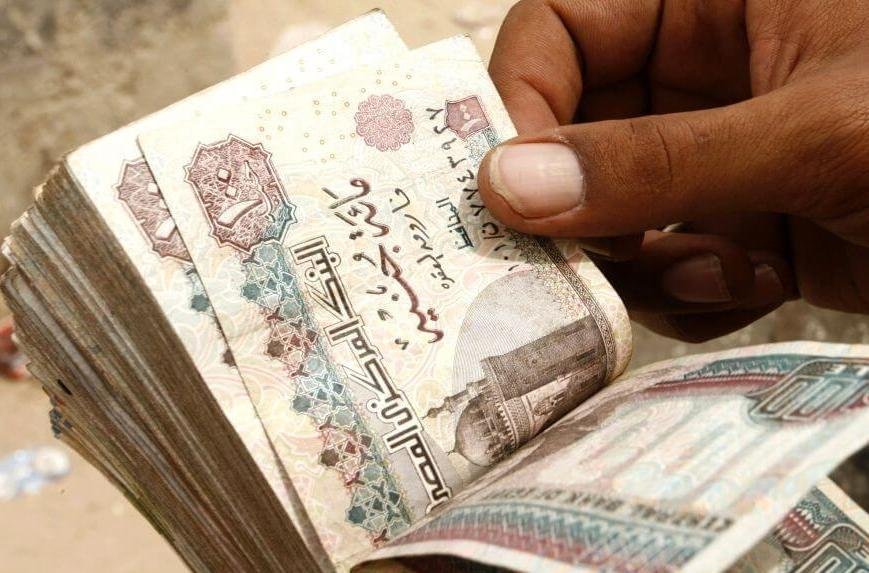
BusinessDay
By PATRICK ATUANYA
March 8, 2017
…as budget office unveils recovery plan
An oil producer (Russia) that has just exited its worst recession in two decades and an African country (Egypt) with a fully floating currency hold economic lessons for Nigeria as its budget office unveiled an economic recovery and growth plan for 2017 – 2020.
After a collapse in oil prices pushed its economy into recession 2 years ago, the Russian Central bank raised interest rates and allowed the rubble (the local Russian currency) to trade freely, pledging to avoid interventions.
After initial pressure on the rouble in 2015, it recovered and had its best-ever year in 2016, when it appreciated by 20 percent.
Growth also returned to Russia in 2016 as revised calculations by the Bank of Russia’s research and forecasting department shows gross domestic product (GDP) growth averaged 0.3 percent in 2016 for the Russian economy where oil and gas contributed 40 percent of budget revenue last year.
For Egypt which took bold moves to float its currency recently, the payoff has come in the form of a 20 percent uptick off the lows of the pound , and renewed capital inflows, into its equity and bond markets.
“Nigeria has smoothed the inevitable depreciation of the currency, but only by restricting supply of dollars which has hurt the private sector and encouraged corruption,” Charles Robertson, global chief economist at Renaissance Capital said in response to questions.
“By avoiding the volatility, Nigeria has delayed any bounce back – so Russia may grow faster than Nigeria in 2017, and much faster in per capita terms.”
The IMF forecasts the Nigerian economy will grow by 0.8 percent in 2017.
Nigeria’s GDP fell by 1.5 percent and the economy slid into recession last year as a slump in crude prices hammered the OPEC member’s public finances, data from the National Bureau of Statistics (NBS), show.
Crude sales make up two-thirds of government revenue in Africa’s largest economy.
Investment flows fled Nigeria as a severe dollar shortage and an unorthodox central bank CBN response to falling oil prices made the business climate unattractive, leading to severe slide of the Naira, the official currency.
The Naira exchanged at N197 to the dollar towards the end of 2015, but traded as low as N460 to the dollar in the black market yesterday.
“Indeed, devaluing the Naira, according to economics, would have been the right thing to do in order for the economy to make a sharp rebound and attract flows into the capital markets,” said Abiodun Keripe, Head of Research and Strategy at Elixir Investment Partners Limited.
“While the structure of the Nigerian economy may be similar to Russia and Egypt given the dependence on commodity, the development in both economies cannot be compared. Where there is high inflation driven by currency devaluation and there are no basic infrastructure in existence to cushion the inflation impact, then the recession may be worse,” Keripe said.
The restrictive FX regime in place led to an exit of capital from the country in 2016, affecting both the stock and bond markets.
Total foreign transactions on the Nigerian Stock Exchange (NSE) fell by 49.51 percent from the N1.02 trillion recorded at the end of 2015 to N517.55 billion at the end of 2016, data from the bourse shows.
Bogged down majorly by reduced portfolio inflow, total capital importation in 2016 fell to $1.5 billion, the least in nine years the NBS said in a recent report.
Meanwhile the long awaited economic recovery and growth plan for 2017 – 2020 was posted on the Budget Ministry’s website yesterday with proposals to trim Federal government stakes in non-oil assets and cut stakes in joint-venture oil assets.
Other aspects of the plan include a GDP expansion rate of 7 percent by 2020, moving oil production to 2.5 million barrels per day (mbpd) by 2020, and to increase export earnings and government revenue by an additional N800 billion per year.
The plan seeks to reduce the unemployment rate to 11.2 percent by 2020 through the creation of an additional 15 million jobs, the establishment of a Staple Crop Processing Zone Authority, achieve 10,000 megawatts of operational power generation capacity by 2020, and increase the tax base.
The plan also calls for Nigeria to be a net exporter of key agricultural products, the establishment of a Solid Mineral Development Fund with a seed funding of N200 billion, introduction of cost reflective power tariffs and a rebalancing of Nigeria’s debt portfolio.
“The Economic recovery Plan that has just been released so far…there is no explicit mention of foreign exchange liberalisation. It endorses currency flexibility, but goes no further,” Razia Khan, chief economist, Africa at Standard Chartered Bank said in response to questions
By PATRICK ATUANYA
Join BusinessDay whatsapp Channel, to stay up to date
Nigeria’s leading finance and market intelligence news report. Also home to expert opinion and commentary on politics, sports, lifestyle, and more
Join BusinessDay whatsapp Channel, to stay up to date





